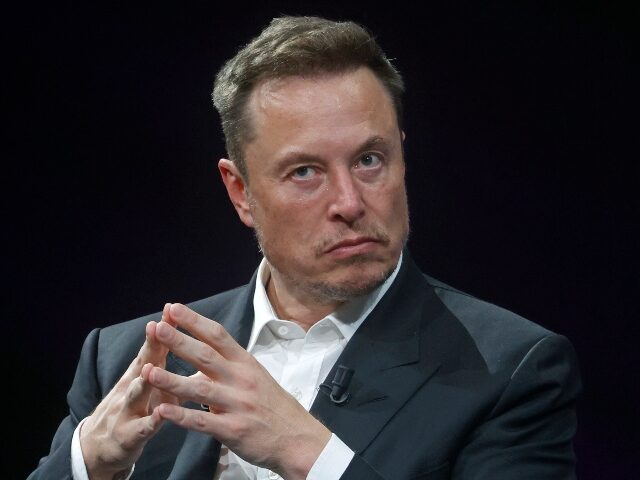Elon Musk has filed for a preliminary injunction in federal court to prevent OpenAI from transitioning into a fully for-profit business.
CNBC reports that in a recent development in the ongoing legal battle between Elon Musk and OpenAI, attorneys representing Musk, his AI startup xAI, and former OpenAI board member Shivon Zilis have filed for a preliminary injunction against the AI powerhouse. The injunction aims to block OpenAI from converting into a fully for-profit business and allegedly requiring its investors to refrain from funding competitors, including Musk’s xAI.
The legal feud between Musk and OpenAI, along with its CEO Sam Altman and other long-involved parties such as tech investor Reid Hoffman and Microsoft, has escalated with this latest court filing. Musk had initially sued OpenAI in March 2024 in a San Francisco state court before withdrawing the complaint and refiling it in federal court several months later. The federal suit, led by attorney Marc Toberoff in Los Angeles, argues that OpenAI has violated federal racketeering (RICO) laws.
In mid-November, the complaint was expanded to include allegations that Microsoft and OpenAI had violated antitrust laws when OpenAI allegedly asked investors to agree not to invest in rival companies, including Musk’s xAI. The motion for preliminary injunction asserts that OpenAI should be prohibited from “benefitting from wrongfully obtained competitively sensitive information or coordination via the Microsoft-OpenAI board interlocks.”
OpenAI has emerged as one of the most prominent startups in recent years, with its AI chatbot ChatGPT becoming a major success and driving significant corporate enthusiasm for AI and related large language models. Meanwhile, Musk’s xAI, which debuted in July 2023, has released its Grok chatbot and is raising up to $6 billion at a $50 billion valuation to purchase 100,000 Nvidia chips.
Musk’s attorneys argue that the terms OpenAI asked investors to agree to amounted to a “group boycott” that “blocks xAI’s access to essential investment capital.” They further state that OpenAI “cannot lumber about the marketplace as a Frankenstein, stitched together from whichever corporate forms serve the pecuniary interests of Microsoft.”
In July, Microsoft gave up its observer seat on OpenAI’s board, although the FTC continues to monitor the influence of the two companies over the AI industry. FTC Chair Linda Khan announced earlier this year that the agency would initiate a market inquiry into the investments and partnerships being formed between AI developers and major cloud service providers, including OpenAI, Amazon, Alphabet, Microsoft, and Anthropic.
OpenAI, which originally debuted as a non-profit in 2015, converted to a capped-profit model in 2019 and is now in the process of becoming a fully for-profit public benefit corporation. This restructuring plan could make the company more attractive to investors while allowing it to retain its non-profit status as a separate entity.
Microsoft has invested nearly $14 billion in OpenAI but revealed in October that it would record a $1.5 billion loss in the current period largely due to an expected loss from the AI company. OpenAI closed a major funding round in October, valuing the startup at $157 billion, with investors including Thrive Capital, Microsoft, and Nvidia.
Read more at CNBC here.
Lucas Nolan is a reporter for Breitbart News covering issues of free speech and online censorship.

COMMENTS
Please let us know if you're having issues with commenting.